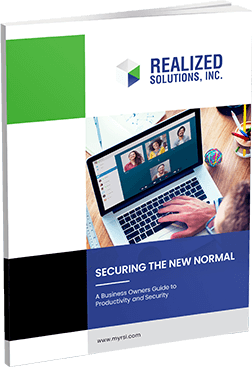No one likes getting a virus, especially when it attacks your computer! A virus can affect the speed, delete your files, and steal your personal information. One question always lingers, “What exactly is a virus, and how can a virus be avoided?”
When dealing with a computer virus, there are two main types: primary and secondary.
A primary virus is the most common and is usually spread through email attachments or downloads. A secondary virus is less common but is just as dangerous. The virus is spread through trojans, worms, and spyware.
- Email viruses: spread by sending emails to all the contacts in your address book.
- Trojan horse: type of malware disguising the virus as a harmless file or program. When the file is run or downloaded, the trojan horse installs a virus on the computer.
- Worms: similar to trojan horses but can spread without doing anything.
- Spyware: type of software gathering personal information without knowing, such as passwords and credit card numbers.
- Adware: type of virus displaying unwanted ads on a computer.
- Browser hijacker: type of virus taking over a web browser and changes the homepage without permission.
- Ransomware: type of virus locking out of a computer and demands ransom to receive access.
As fearful as it can be with all the different viruses floating around, there are simple steps someone can take to protect themselves from these malicious software programs.
The best way to protect a computer from viruses is to install antivirus or anti-malware software. The software can detect and remove many different types of malwares including viruses, worms, trojans, and more. It’s important to keep the antivirus software updated, as new viruses are constantly being created. Most antivirus programs will automatically update themselves, but it’s always a good idea to check for updates regularly.
Another way to protect a computer is to keep the operating system updated. Operating system updates often include security patches to help protect the computer from new viruses and other malware.
Protecting a computer can be as easy as being careful about what you click on. Many viruses are spread through email attachments or links on websites and social media. If you’re not sure about a file or link, don’t click on it.




